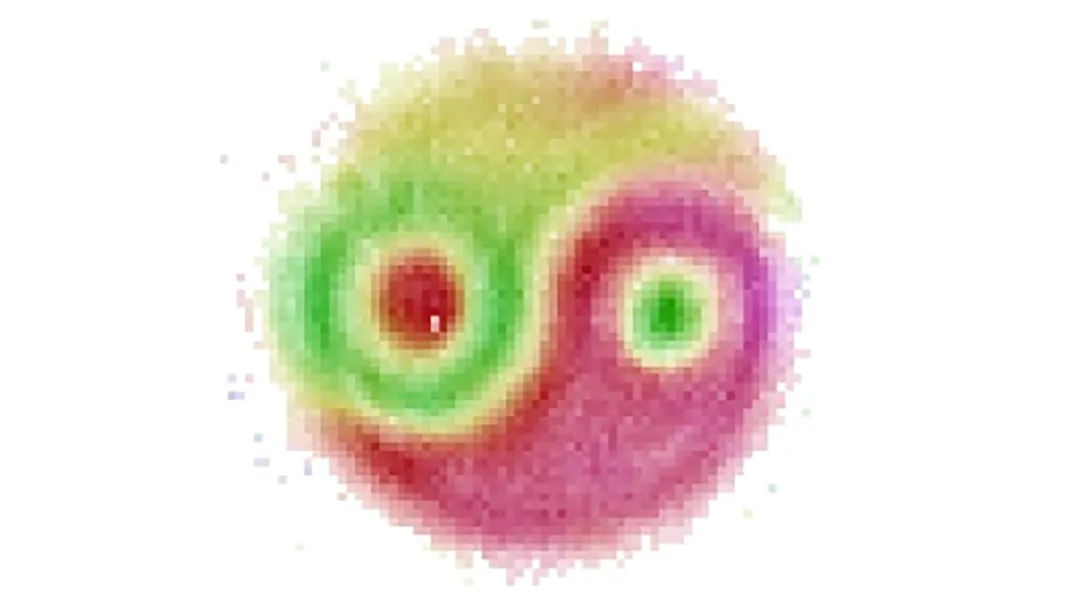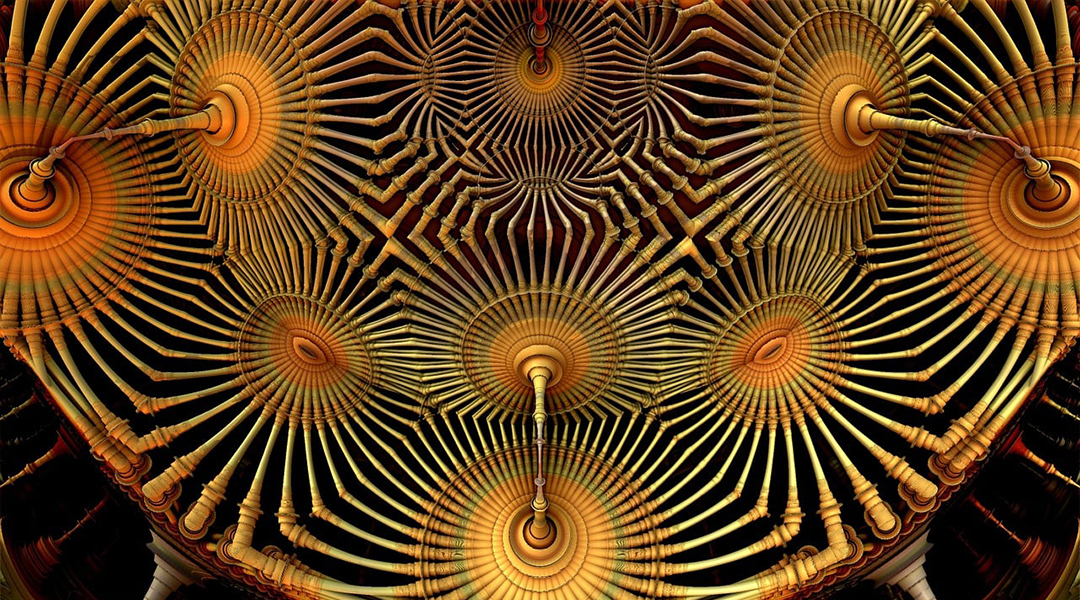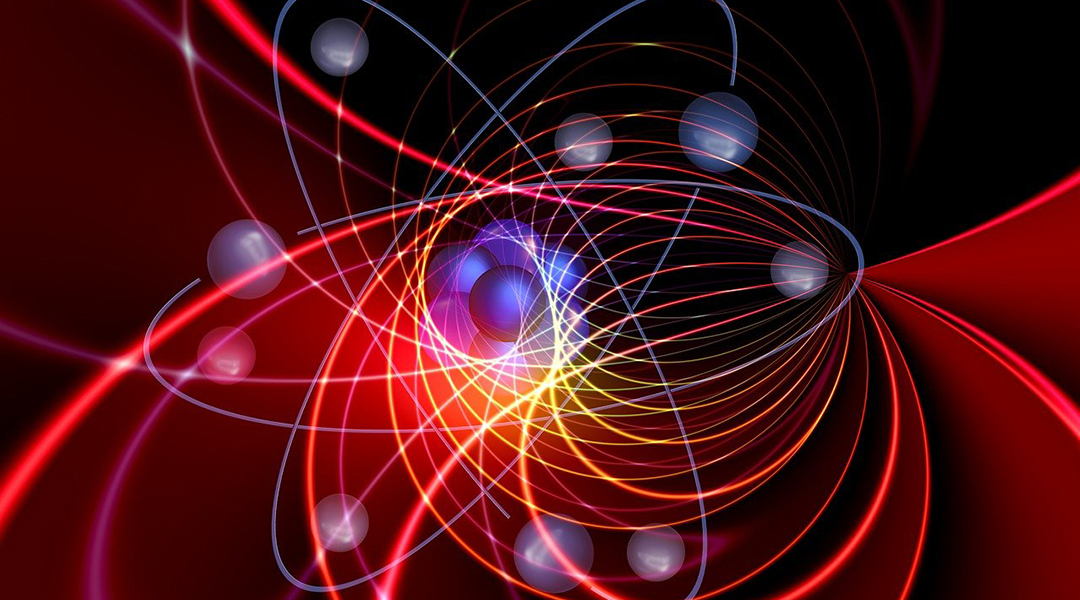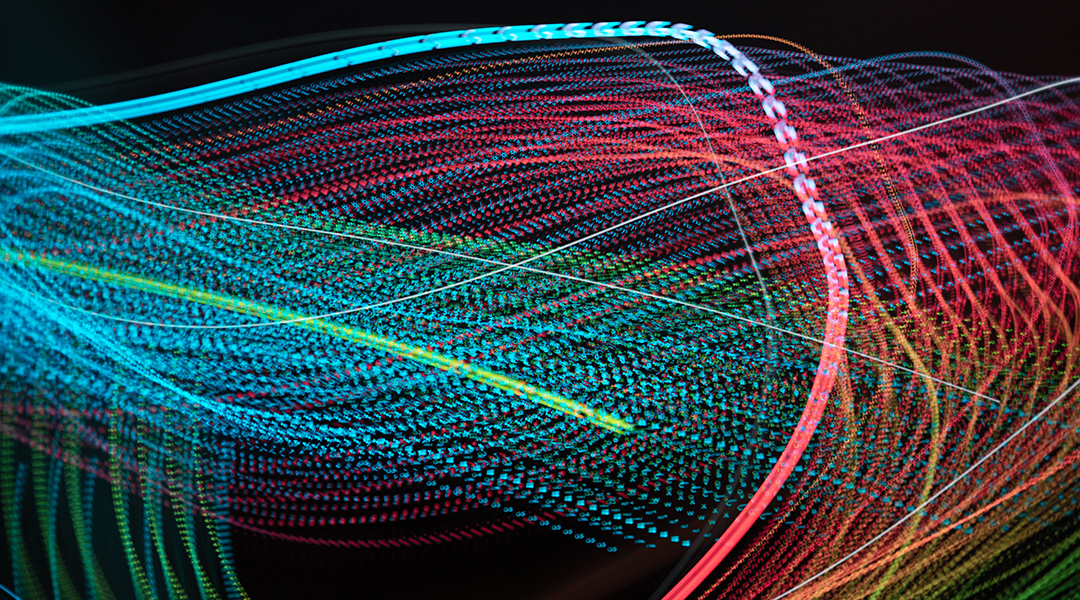The mysterious phenomenon that Einstein once described as “spooky action at a distance” was seen as a wavefunction between two entangled photons.


The mysterious phenomenon that Einstein once described as “spooky action at a distance” was seen as a wavefunction between two entangled photons.

Promising candidates for efficient future electronics, researchers are exploring these exotic materials for better computer memory, hard drives, even quantum computers.

For fusion reactions to become practical, parameters such as plasma density and shape must be monitored in real time and impending disruptions responded to instantly.

A new type of superconductor may just be what physicists have been searching for over the past 40 years.

Quantum key distribution is the only way to ensure an absolutely secured connection protected by the laws of quantum physics.

Vital to the fusion process and used in a wealth of technological applications, new research shows quantum tunneling is still delivering surprises.

Turbulence is hard to control, but a turbulent blob created using vortex rings provides fundamental insights into this elusive state of matter.

A new technique can detect the X-ray signature of an individual atom, even determining the structure of its electron orbits.

A group of scientists have carried out one of the strongest tests of quantum phenomena by observing nonlocality in a network.

A study explores how the behavior of electrons changes on the mesoscale under magnetic fields and rotation.